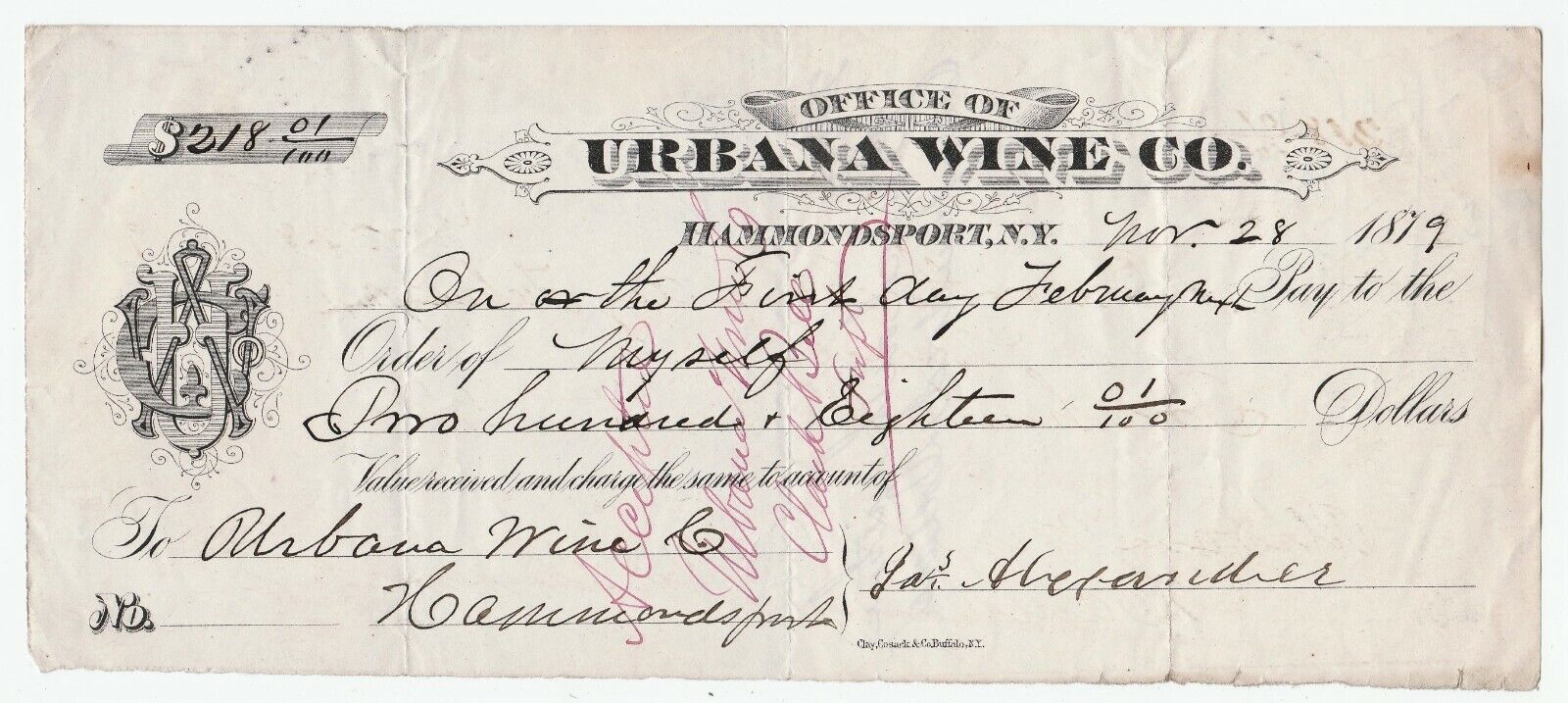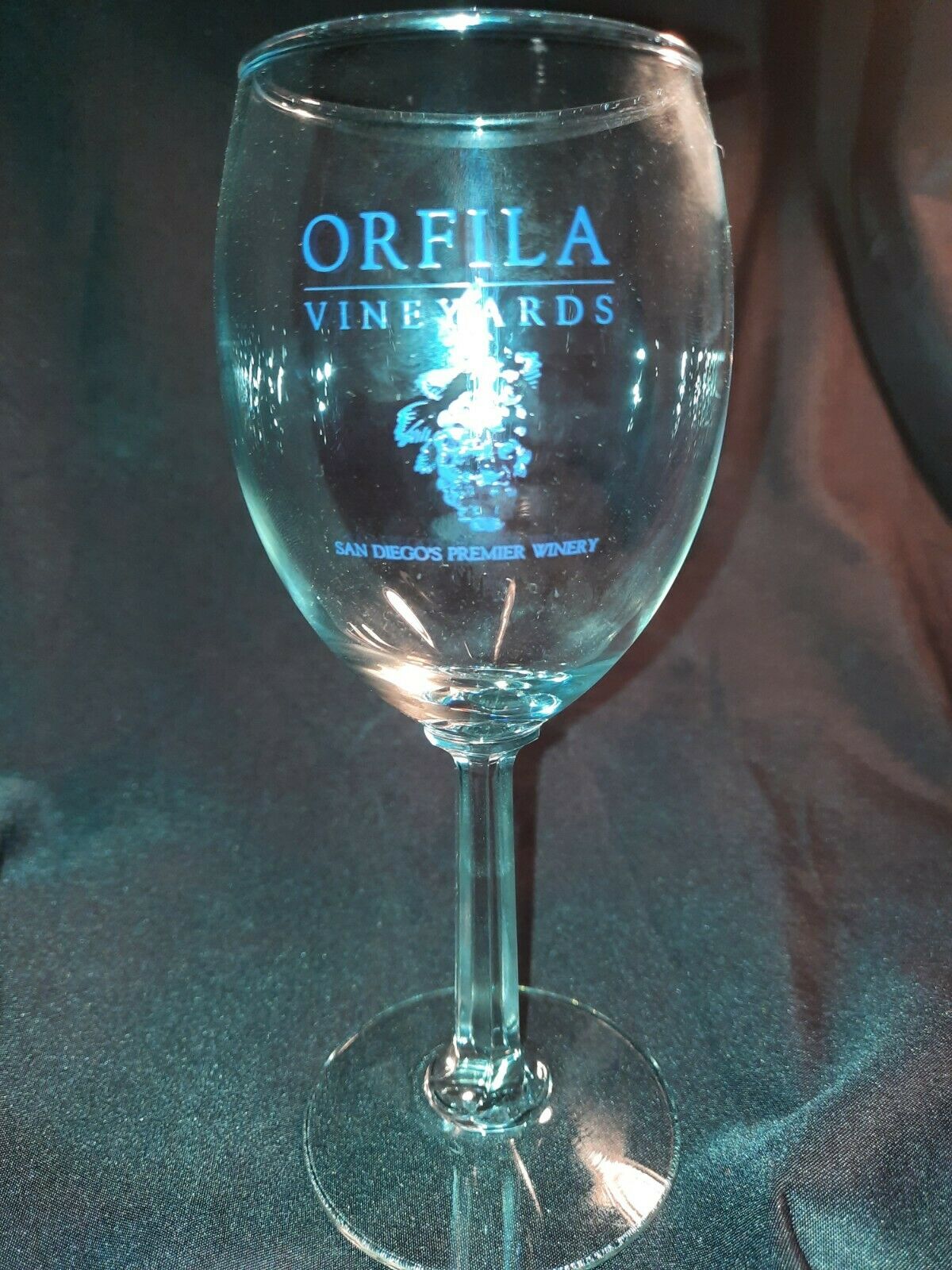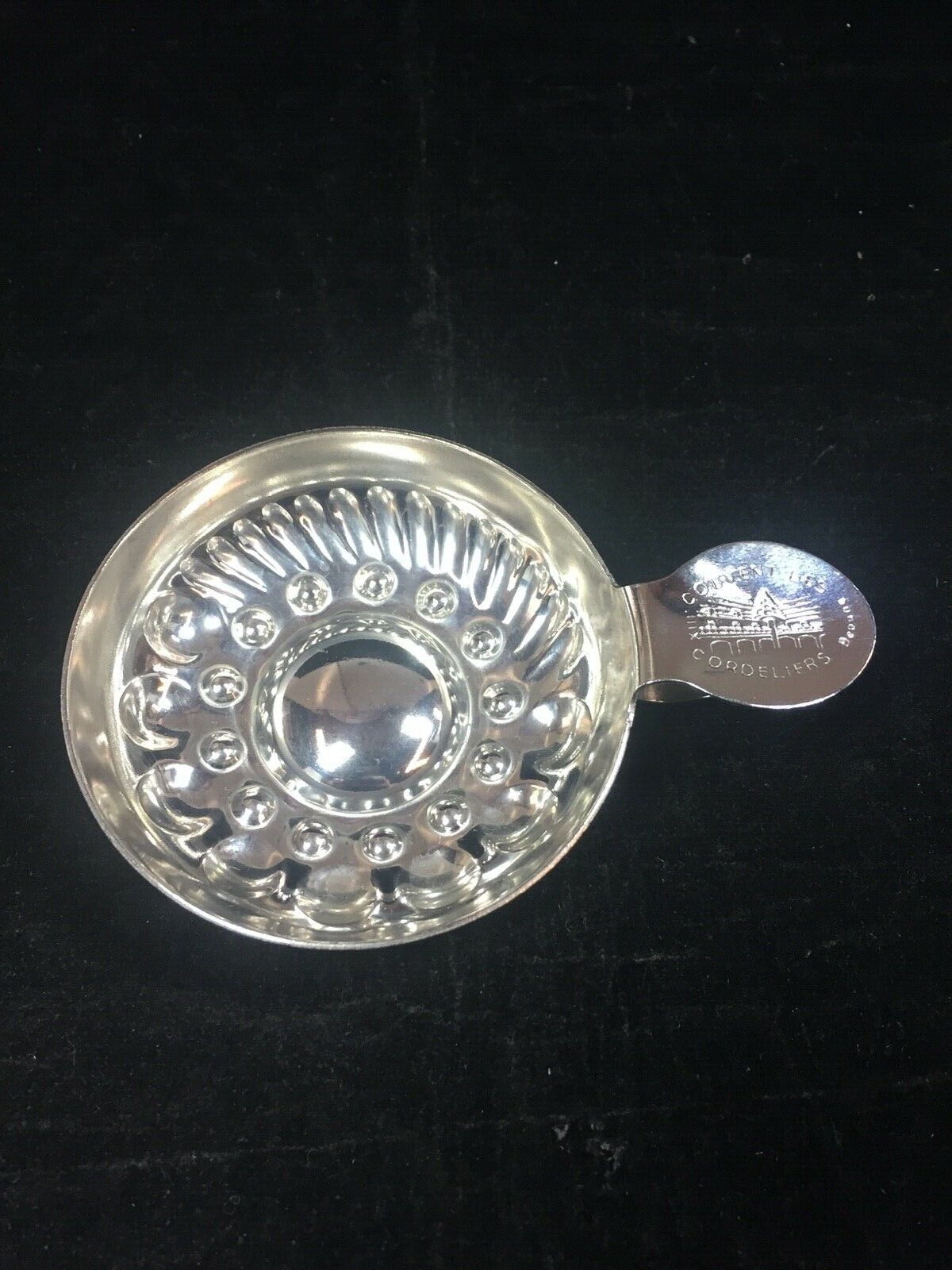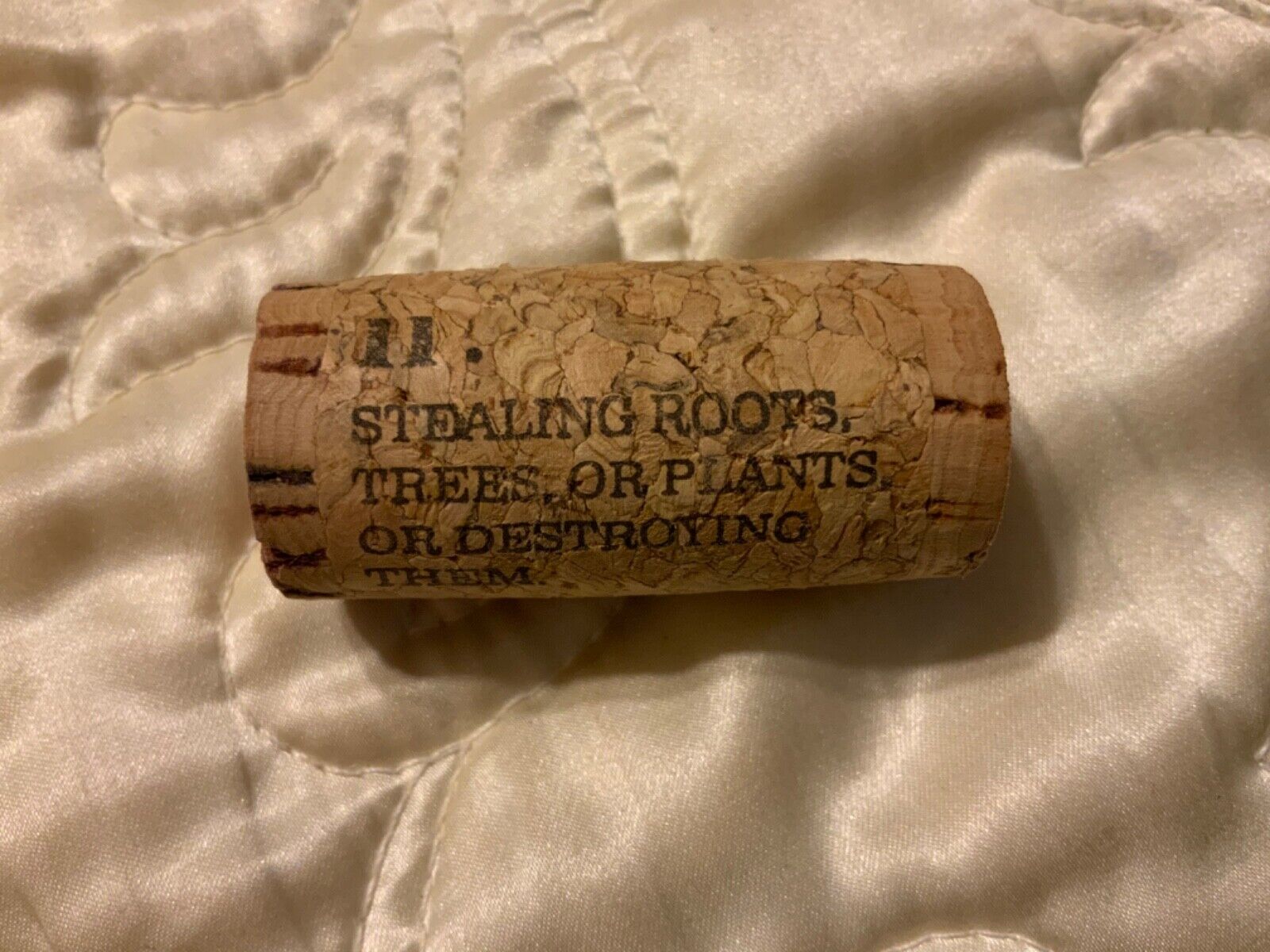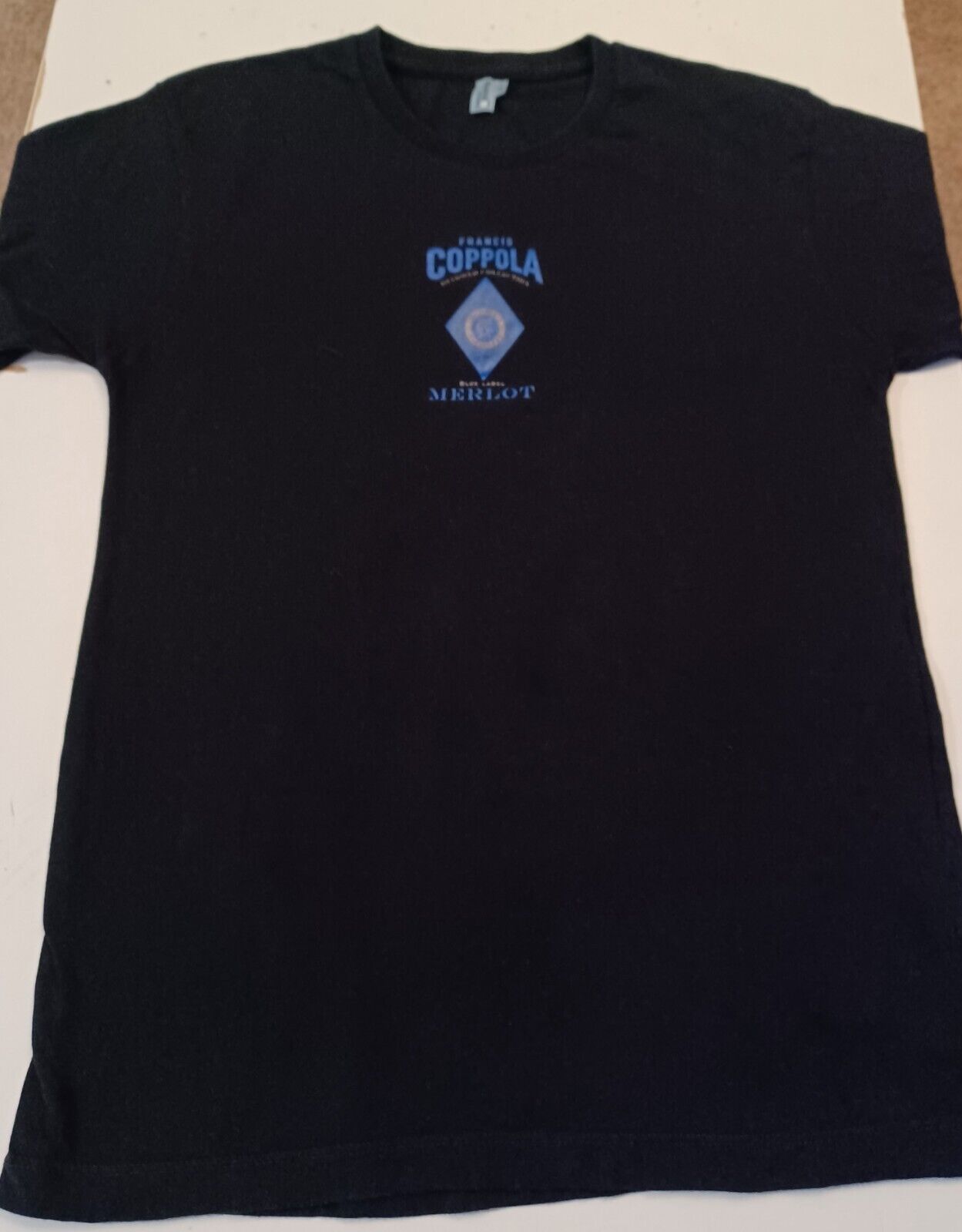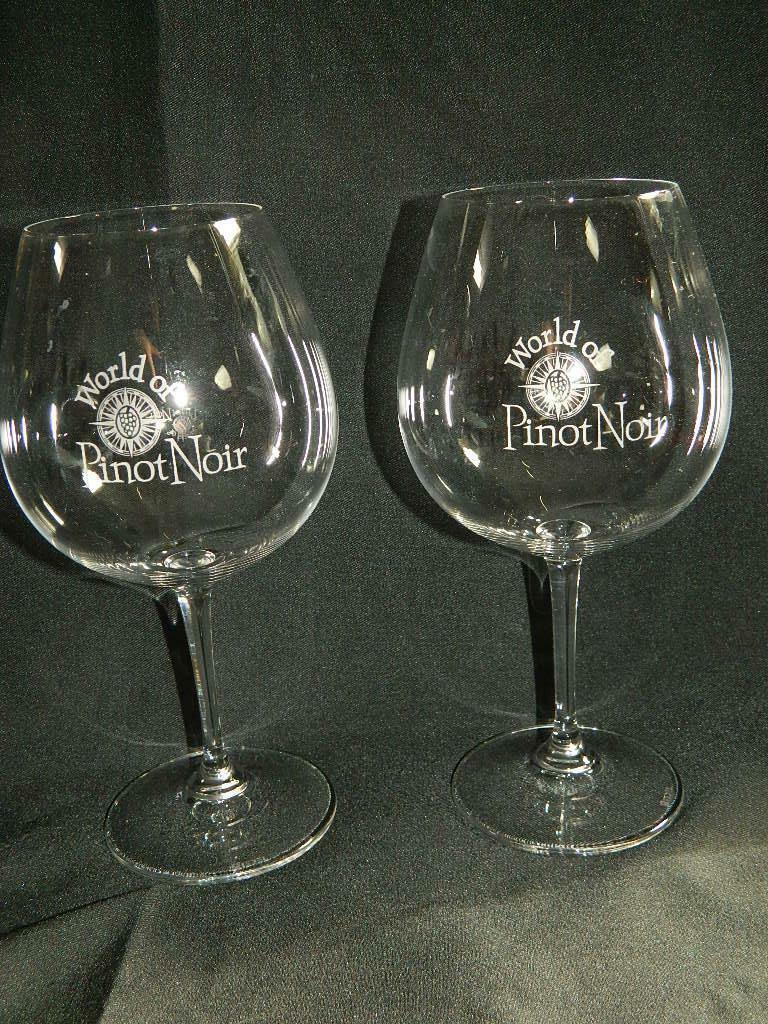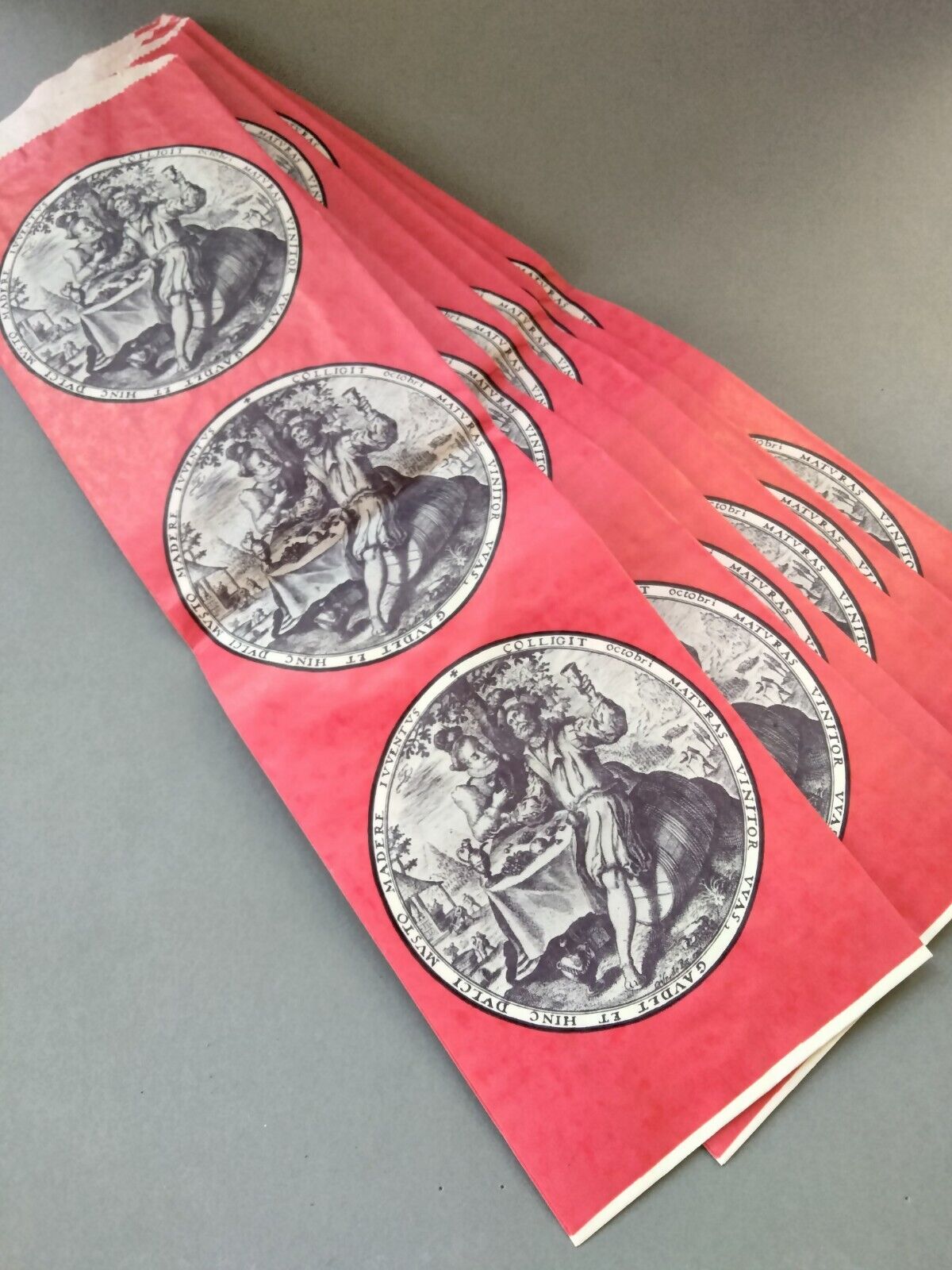-40%
SUPER - Urbana Wine Company Receipt Billhead Hammondsport NY Keuka Lake 1879
$ 12.67
- Description
- Size Guide
Description
NICE Old Billhead / ReceiptUrbana Wine Company
Hammondsport, New York
Dated 1879
For offer - a very nice old piece of ephemera. Fresh from an estate in Upstate NY. Never offered on the market until now.
Vintage, Old, antique, Original -
NOT
a Reproduction - Guaranteed !!
Signed, manuscript handwriting document. In good to very good condition. Small rip at top edge.
Fold marks - please note will be shipped folded, as found. Please see photos. If you collect 19th century advertising history, design logo, American advertisement ad, Americana, Finger Lakes winery,
etc., this is a nice one for your paper or ephemera collection.
Combine shipping on multiple bid wins!
834
Nearby Towns in Steuben county:
Cities
Corning
Towns
Addison
Avoca
Bath
Bradford
Cameron
Campbell
Canisteo
Caton
Cohocton
Corning
Dansville
Erwin
Fremont
Greenwood
Hartsville
Hornby
Hornellsville
Howard
Jasper
Lindley
Prattsburgh
Pulteney
Rathbone
Thurston
Troupsburg
Tuscarora
Urbana
Wayland
Wayne
West Union
Wheeler
Woodhull
Villages
Addison
Almond
Arkport
Avoca
Bath (county seat)
Canisteo
Cohocton
Hammondsport
North Hornell
Painted Post
Riverside
Savona
South Corning
Wayland
Census-designated places
Coopers Plains
Gang Mills
Hamlets
Adrian
Gibson
Wine (from Latin vinum) is an alcoholic beverage made from fermented grapes, generally Vitis vinifera or its hybrids with Vitis labrusca or Vitis rupestris. Grapes ferment without the addition of sugars, acids, enzymes, water, or other nutrients,[1] as yeast consumes the sugar in the grapes and converts it to ethanol and carbon dioxide. Different varieties of grapes and strains of yeasts produce different styles of wine. These variations result from the complex interactions between the biochemical development of the grape, the reactions involved in fermentation, the terroir (the special characteristics imparted by geography, geology, climate, viticultural methods and plant genetics), and the production process. Many countries define legal appellations intended to define styles and qualities of wine; these typically restrict the geographical origin and permitted varieties of grapes, as well as other aspects of wine production.
There are also wines made from fermenting other fruits or cereals, whose names often specify their base, with some having specific names. Wines made from plants other than grapes include rice wine and various fruit wines such as those made from plums or cherries. Some well known example are hard cider from apples, perry from pears, pomegranate wine, and elderberry wine.
Wine has been produced for thousands of years. The earliest known evidence of wine comes from Georgia (Caucasus), where 8000-year-old wine jars were found.[2][3][4] Traces of wine have also been found in Iran with 7000-year-old wine jars[5][6] and in Armenia, in the 6100-year old Areni-1 winery, the earliest known winery.[7][8] Wine had reached the Balkans by c. 4500 BC and was consumed and celebrated in ancient Greece, Thrace and Rome. Throughout history, wine has been consumed for its intoxicating effects, which are evident at normal serving sizes.[9][10]
Wine has long played an important role in religion. Red wine was associated with blood by the ancient Egyptians[11] and was used by both the Greek cult of Dionysus and the Romans in their Bacchanalia; Judaism also incorporates it in the Kiddush and Christianity in the Eucharist.
